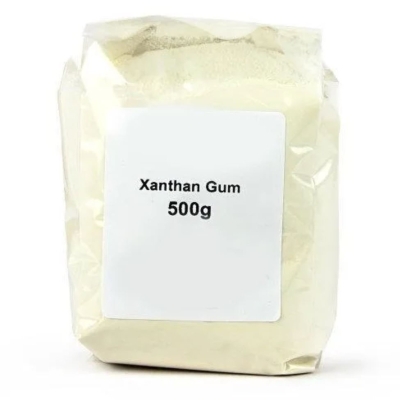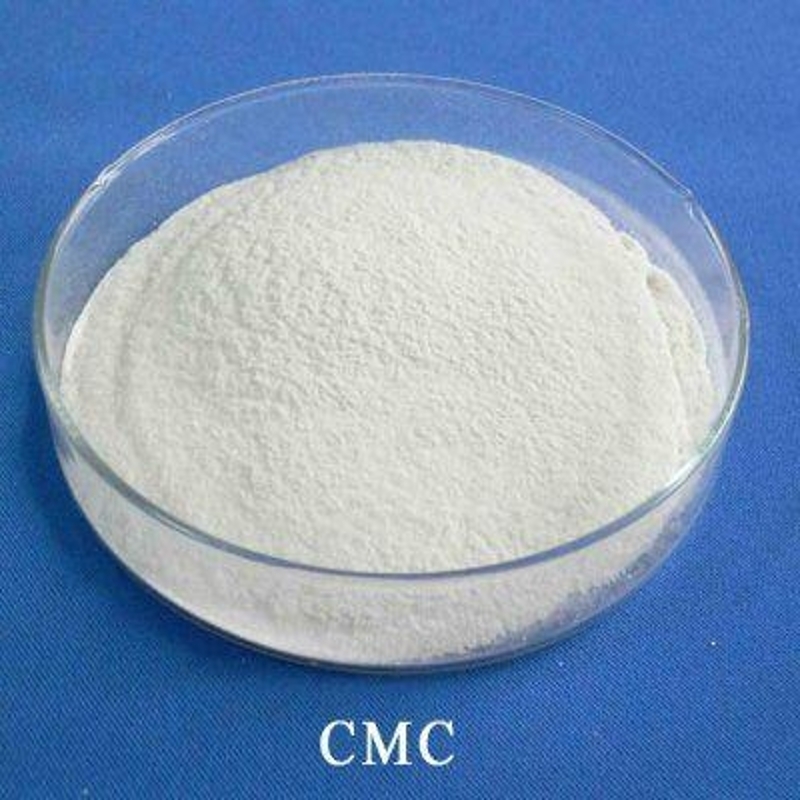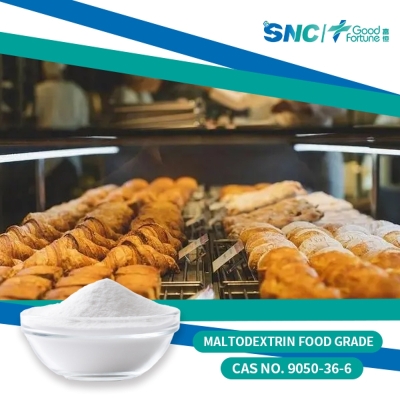-
Categories
-
Pharmaceutical Intermediates
-
Active Pharmaceutical Ingredients
-
Food Additives
- Industrial Coatings
- Agrochemicals
- Dyes and Pigments
- Surfactant
- Flavors and Fragrances
- Chemical Reagents
- Catalyst and Auxiliary
- Natural Products
- Inorganic Chemistry
-
Organic Chemistry
-
Biochemical Engineering
- Analytical Chemistry
-
Cosmetic Ingredient
- Water Treatment Chemical
-
Pharmaceutical Intermediates
Promotion
ECHEMI Mall
Wholesale
Weekly Price
Exhibition
News
-
Trade Service
Original: What are the types of water-based thickeners?
Click on the above "Yan Ti Yun Shang" to subscribe!
" Yan Ti Yun Shang "Yan Ti Yun Shang"Water-based thickener is a thickener for aqueous acrylic copolymers without volatile (VOC) organic matter, which can mainly increase the viscosity at high shear rates, and is often used in
There are many types of thickeners, according to the different components and their mechanism of action, polymer thickeners are mainly divided into five categories
(1) Cellulose thickener: cellulose thickener is the "elder" level of the thickening industry, because of the good hydrophobic properties, whether in high shear or low shear can be used freely, compared with the traditional thickener, its thickening system in the model, brush edge coverage and apparent performance have been improved, is widely used in aqueous systems, coatings, metalworking fluids, cutting fluids, grinding oil, cement, concrete, ink, textile printing and dyeing printing, paint
(2) Inorganic thickener: Inorganic thickener relative to organic thickener, inorganic thickener is the use of inorganic materials, such as natural clay, bentonite, concave and protrusion and other substances
(3) Polyurethane thickener: polyurethane thickener is now a more commonly used thickening system on the market, it is a hydrophobic group modified alkali swelling association thickener, the viscosity of the thickening can be with the shear force size performance of the corresponding viscosity, can be used as a water-based paint thickener or synergistic thickener, when diluted with water and neutralized with alkali, its latex particles expand quickly, under this condition, the emulsion will become clear and very viscous
(4) Polyacrylic acid thickener: acrylic thickener is an anionic thickener, which can mainly increase the viscosity of high shear rate, it is better to the compactness of the coating film, can prevent the film from hanging, prevent settlement, especially suitable for coatings, emulsions, water-based adhesives, water-based paints, inner and outer wall emulsion paints, water-based inks, adhesives, elastic glue system thickening, with a good thickening effect and good flow, leveling
(5) Hydrophobic modified alkali swelling thickener: this type of thickener has good biological stability, can resist biodegradation, compared with acrylic thickener and cellulose thickener, has better coating film fullness and leveling, the use of ph need to adjust, the disadvantage is that water resistance and alkali resistance is poor
The content of this article is reproduced
For shared learning only
Not for commercial use
Copyright belongs to the original author
If there is any infringement, please notify and delete it
Selected from previous periods
Selected from previous periods- German Mingling PUR 62 waterborne system with low shear polyurethane association thickener
- German Minling AP10 AP16 AP20 Three thickeners that can be thickened in contact with water
- German Mingling 232 architectural coatings and latex paint special defoamer compatibility is good defoaming power
Yan Ti cloud business
Yan Ti cloud businessStay informed about fresh raw materials
Stay informed about fresh raw materialsResponsible Editor:







